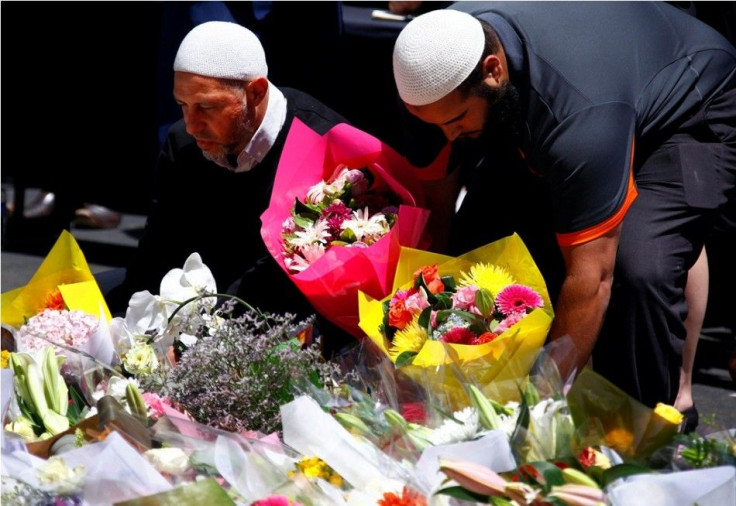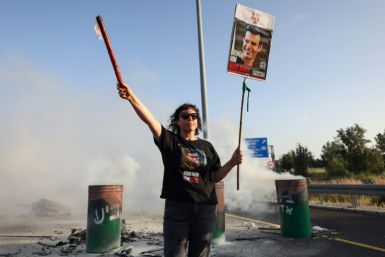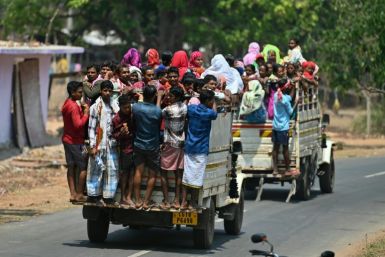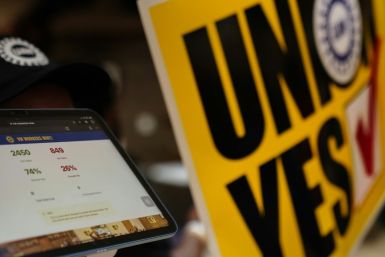Questions Raised If Muslim Leaders In Australia ‘Do Enough’ To Protect Young People From Radicalisation

The involvement of Jake Bilardi, a young man from Victoria, with Islamic State forces in the Middle East shocked many. Questions have been raised if Muslim leaders in Australia do enough to counsel young people who are on the verge of being radicalised.
The school dropout left the country in 2014 to join IS forces. According to reports, he blew himself up a few days back in a suicide attack in Iraq. Many wonder what motivation drives an Australian young man to get involved in extremist activities overseas. Australian police apparently knew nothing about the 18-year-old until his family discovered materials to make explosive devices at home.
Foreign Minister Julie Bishop earlier said that the Australian government was trying to verify the reports of Jake having been killed. She said that, if such reports were true, it was another “tragic example of a young Australian being lured to a senseless and violent death by a brutal terrorist organisation that is intent on imposing suffering and misery, not only in Iraq and Syria, but beyond.”
Professor Shahram Akbarzadeh writes that Australian Muslim leaders are often accused of not taking a stand against extremism. However, the Deakin University professor at the Alfred Deakin Research Institute for Citizenship and Globalisation believes that it is “unfair.” According to him, they have brought forward sophisticated ideas about loyalty and citizenship. The country has 470,000 Muslims who enjoy equal rights to worship. They are also entitled to the option of educating their children in Islamic schools.
However, the Muslim leaders in the country may have failed to influence the youth of the country due to their complicated teachings. Akbarzadeh writes that the “sophisticated scholarship” of Australian imams generally go over the head of the young people. He argues that a simple argument of good against evil may be more effective than scholastic teachings.
According to Akbarzadeh, Australia can prevent extremist forces from radicalising the Muslim youth of the country through a combination of civic education with effective social media campaigns. He says that it should be ensured that Australian Muslims have equal access to protection under the law and to the representative government.
Contact the writer: s.mukhopadhyay@ibtimes.com.au






